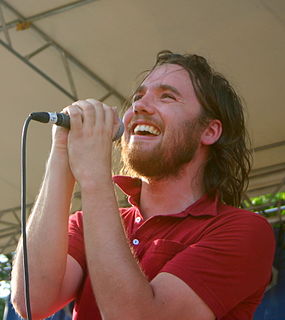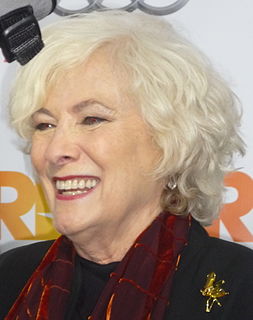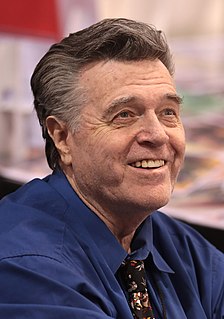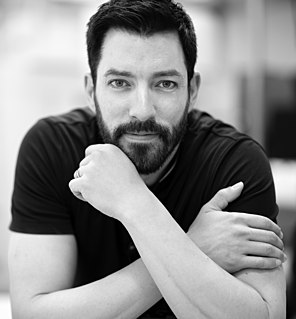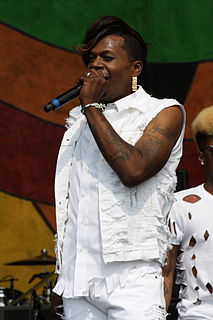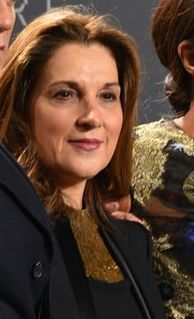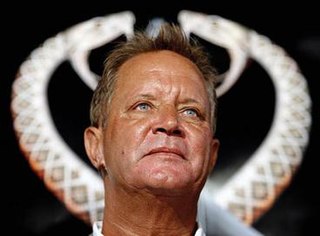A Quote by Nikki Sixx
We were telling everybody we weren't getting back together when we were in the studio actually recording. We wanted to try it on, to see how it would fit.
Related Quotes
There were two recording studios in Bellingham. One was really expensive, a "nice studio." We were at the point where we were young and irreverent. We would scoff at the idea of a nice studio. "Why would you want to go to a nice studio? Oh wow, they have really expensive gear. Ooh, that's really fancy. Well we've got an eight-track. We've got it going on here." Now that we have the resources, we're like, "Oh wow, a nice studio is pretty nice! They do have nice outboards here. It's actually a pretty good place." It's funny how much changes so quickly.
What would I say about "Heaven Without a Gun"? For me, to have this man, and our friendship [ with Andy Kim] grew really slowly and very consistently throughout the years before we decided to get into a studio together, I wasn't sure if he wanted to do songs that were pre-written or what. We didn't know what we were getting into.
I do remember, one time, a man came to me after the students began to work in Mississippi and he said the white people were getting tired and they were getting tense and anything might happen. Well, I asked him "how long he thinks we had been getting tired"? I have been tired for 46 years and my parents was tired before me and their parents were tired, and I have always wanted to do something that would help some of the things I would see going on among Negroes that I didn't like and I don't like now.
Back in the olden days when we were rubbing sticks together, everybody wanted to have a comic strip, to live in Westport Connecticut, to have a Jaguar and to have a wife and two and a half kids and to have a girl in town in their studio in Manhattan that they'd romance, and then they'd have people ghost their strip. It was like this big dream.
When I worked with Chevy Chase, Michael Ritchie would say, "Just ad lib and try to break me up. Just insult me. Anything." When we were doing his close-up, or when my back was to the camera, I would come up with jokes or quips or anything, to get a real reaction out of him. He was smart enough to know that was gold. So it was great fun working with him and Michael, and getting to see how the two worked together. I think Fletch and Clark Griswold were Chevy's two best roles. He's so incredibly talented and still vastly underused.
The first rap I recorded was on Jeezy's 'White Girl' beat. One of my partners invited me to his studio, so I go. I wasn't planning on recording, we were just messing around. And I started recording a song, just a freestyle. Back then, Jeezy was going so hard, that's what everyone was on. That's what me and my partners in the trap would listen to.
I definitely, at times, felt the pressures of life similar to the pressures anyone would feel growing up. The only difference was that maybe more people were aware of mine. But, if anything, I changed the pressure from negative to positive. So, instead of thinking everybody wanted to see me fail, I decided everybody wanted to see me win, since I wanted to see myself win.
When you see the documentary, you'll see that there were parallels. Michael and I both wanted Daniel Craig, and it was the same as it was for Cubby and Harry when they wanted Sean [Connery]. The studio wanted a star and wanted an American, and wanted this and that, but they determined, "No, it's Sean Connery."
We were always told we were one step behind Deep Purple, one step behind Led Zeppelin, one step behind everybody. Our manager didn't want to let us know how popular we were. It's only after we did Ozzfest that people started telling me stuff. I thought they were taking the piss. People would come up to me and go, "Respect."


